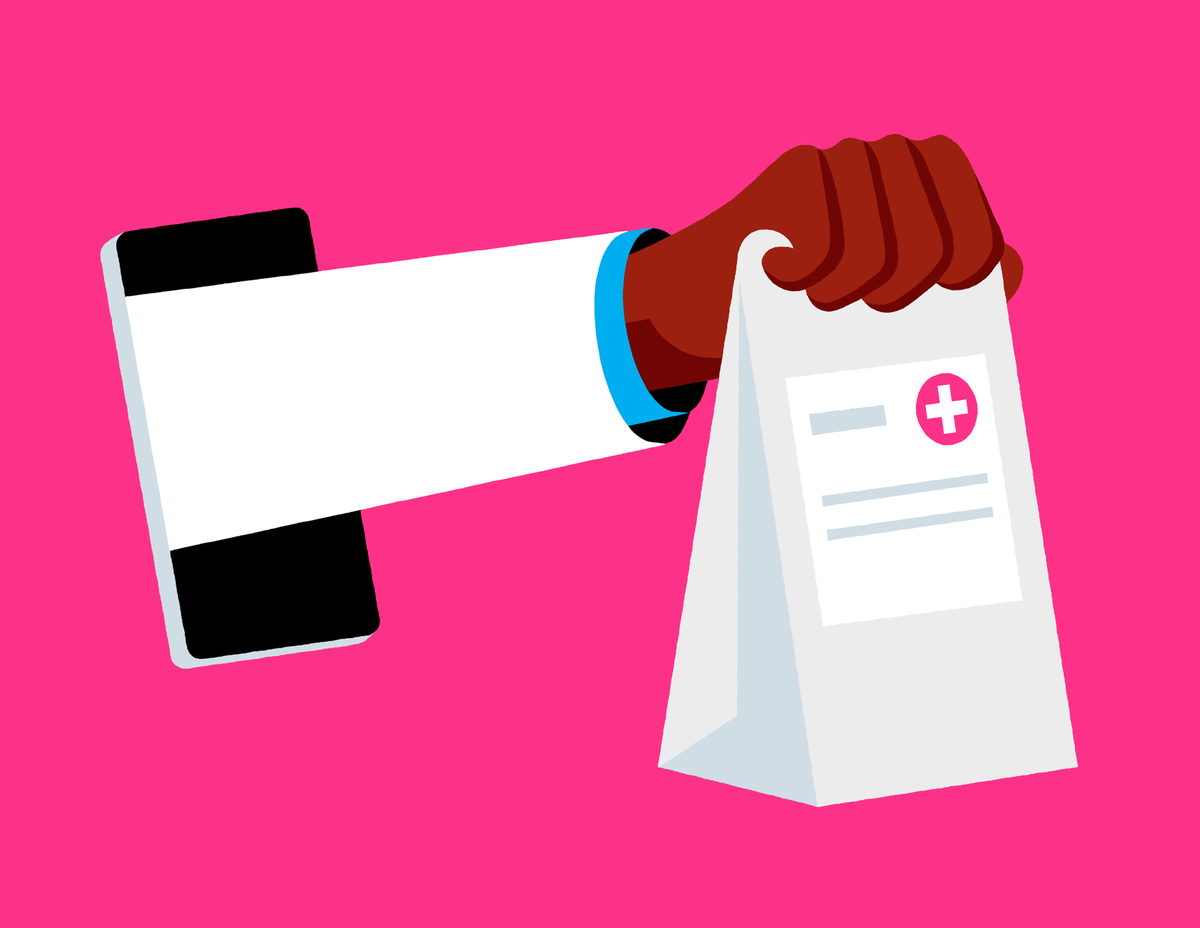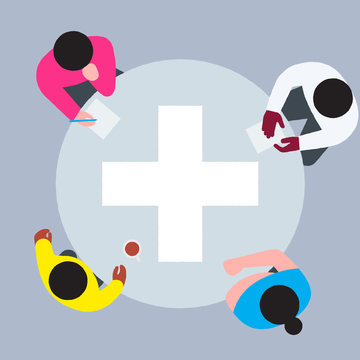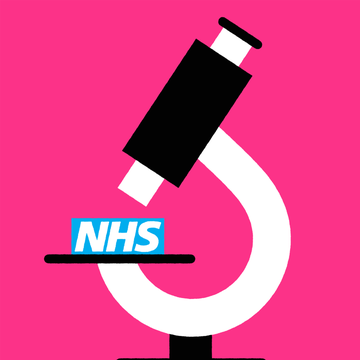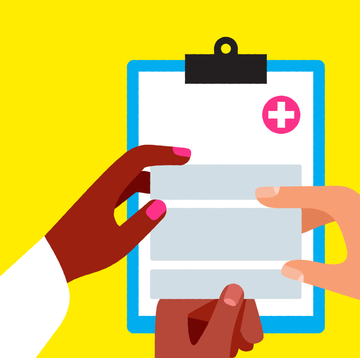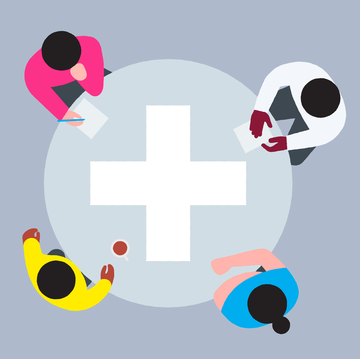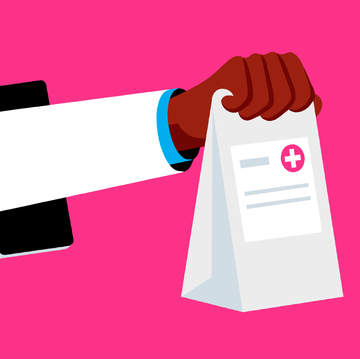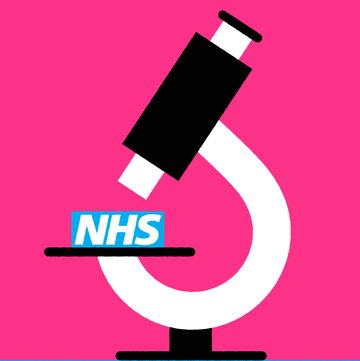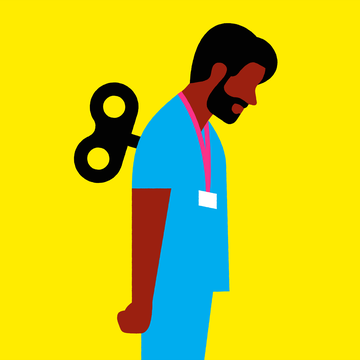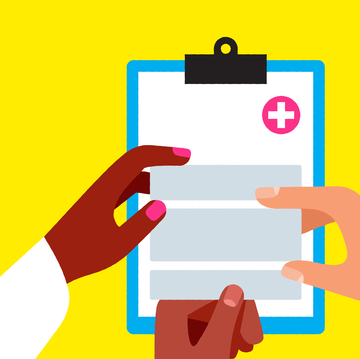Our health service is unwell. You’ve read the news stories – staff at breaking point, pitiless waiting times, patients languishing in corridors. The problems it faces are deep and knotty, though hope is not lost. Whether the solutions lie in smarter funding, technological innovation, or even our own actions, there are bright minds at work to find them. For this series, MH assembled a team of field-leading thinkers to share their strategies.
You’re Chief Medical Officer at research programme Our Future Health. How will the insights you gather reduce the burden on the NHS?
Something I realised quite early on in my career is that we tend to treat people far too late. Diseases such as heart disease, stroke and cancer develop over years, if not decades, and are preventable through early intervention.
The idea behind Our Future Health’s research programme is to move the NHS from being a late-stage disease-treatment service to an early-stage detection and prevention service. It’s much more expensive to treat the complications of a disease or a cancer once it’s spread than it is at an earlier stage.
This is how it works: you fill out a questionnaire about your health and lifestyle, then book an appointment to have various physical measurements taken – blood pressure, weight, waist circumference, a cholesterol test. Then we’ll be in contact to ask if you’d like to receive information about your risk of certain diseases, based on an analysis of your DNA and other information we collect. Anyone in the UK can sign up.
Ultimately, we want to recruit five million people. There aren’t many countries where you’d be able to get this many people into a study within a single healthcare system. The UK is really the only place where you can look at every common chronic disease across every demographic. We can link the data we collect with NHS data and census data, and that will make these predictions much more powerful. Eventually, this will be done through the NHS app.
Do individualised insights like this offer a better way to incentivise behaviour change?
That’s what we’re trying to test. Nearly all prevention efforts to date have relied on broad categorisation: ‘You’re over 40 now, come and have your diabetes and cardiovascular disease screenings.’ But if I can say to you, ‘This is your risk of this disease and this is what you should do, based on what we already know about you.’ That’s what’s called personalised prevention, which is relatively new.
We think about 80% of your health outcomes are based on social determinants of health – where you live, your economic situation, your job, etc. People in the most deprived areas live up to 20 years less than those in the least deprived areas. Fixing that inequality is important. But it’s also about giving people the ability to make informed choices. If you don’t know you’re at high risk of a disease then you can’t do anything about it.
What would a well-functioning NHS look like in 20 years’ time?
I expect this information will be available from birth. Newborns will have their whole genome sequenced, then parents will be informed, if they have consented to that, about what their child is at higher risk of. All adults will have this as well. The screening of diseases wouldn’t take place in hospitals, it would be mainly online. A lot of this can be done alone, and where samples need to be collected or measurements taken, that could be done in pharmacies.
Primary care will deal with more complex treatment requirements. And secondary care would deal with emergencies, operations and the complicated cases. We’re never going to stop people getting sick. But it will reduce the proportion of people who develop diseases and move most preventative healthcare into the community.
